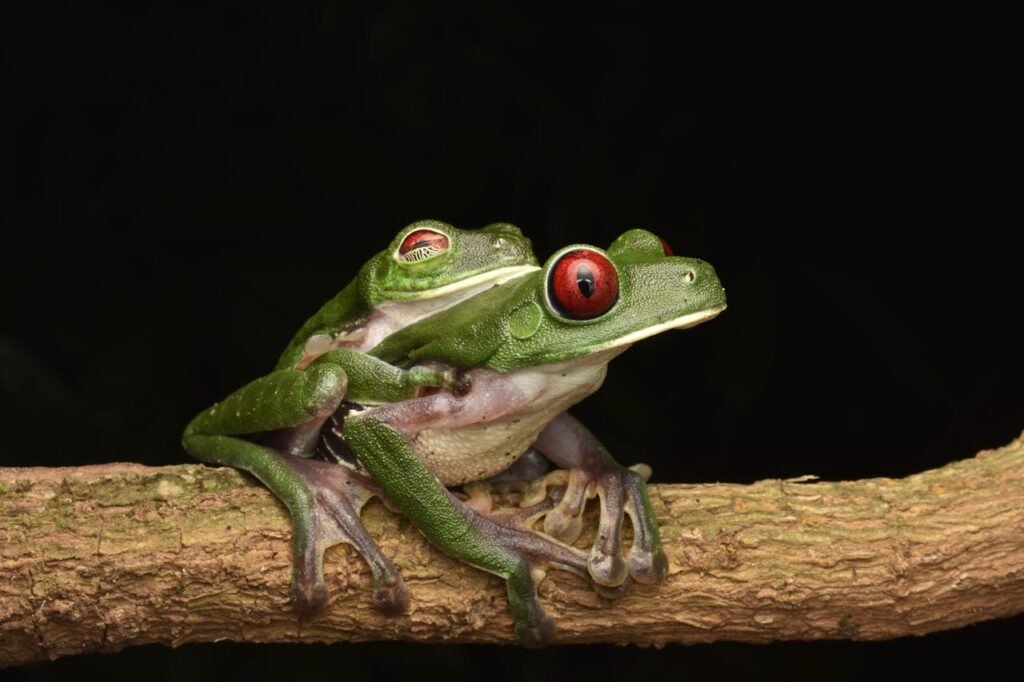Australia’s unique ecosystem is home to a wide variety of reptiles, many of which are protected by strict wildlife regulations. Owning a reptile as a pet in Australia comes with legal obligations, and it’s important for potential reptile owners to be aware of these before acquiring one. This guide outlines the key legal aspects of reptile ownership in Australia, including licensing requirements, protected species, and responsible care practices in line with wildlife laws.
1. Licensing Requirements for Reptile Ownership

In Australia, owning a reptile is regulated by each state and territory, and licenses are required to keep native reptiles. The type of license needed depends on the species, with categories that range from basic licenses for commonly kept reptiles to advanced licenses for venomous or more exotic species. Let’s look at licensing by state:
New South Wales (NSW)
- Basic Reptile Keeper License (RKL): This license is for species such as blue-tongue lizards and central bearded dragons (Category 1). It’s the entry-level license for new reptile owners.
- Advanced Reptile Keeper License (RKL): Required for keeping more exotic or dangerous reptiles, such as venomous snakes (Category 2 and 3). To qualify, applicants must demonstrate their experience and provide details on how they will house and care for the reptiles.
- How to Apply: Applications are processed through the NSW National Parks and Wildlife Service, where owners need to provide details of the reptile’s housing and submit their experience with the species in question.
Victoria
- Basic Wildlife License (BWL): A license required for common reptiles like spiny-tailed skinks and Stimson pythons. It’s suitable for beginners who want to keep native species that are easy to care for.
- Advanced Wildlife License (AWL): This license is needed for keeping reptiles classified as difficult or venomous. The Department of Environment, Land, Water, and Planning (DELWP) requires detailed record-keeping and evidence of suitable enclosures.
- Record-Keeping: In Victoria, owners must maintain thorough records of the reptiles they own, breed, or sell. These records may be audited by the state’s wildlife department.
Queensland
- Recreational Wildlife License (RWL): Allows for the ownership of common reptiles such as dragons, geckos, and pythons. Owners must comply with state regulations regarding enclosures, heating, and environmental control.
- Specialist Wildlife License (SWL): This license is needed for advanced reptile keepers who want to house dangerous species like death adders or taipans. Extensive experience and housing checks are required.
For all states, fees apply when applying for or renewing licenses, and some states require inspections of reptile enclosures to ensure compliance with wildlife regulations.
2. Protected Species and Ownership Limitations
Many native Australian reptile species are protected by law to prevent over-exploitation, illegal trade, or extinction. Owners must be aware of which species require special permits or are entirely restricted.
Federal Protection under the EPBC Act
The Environment Protection and Biodiversity Conservation Act 1999 (EPBC Act) protects species such as green pythons and loggerhead turtles. These species cannot be taken from the wild or owned without federal permission. Fines for violating this act can be as high as AUD 110,000 or more, and illegal trading of these species may also lead to imprisonment.
State-Specific Protections
Each state has its own list of protected species. For example:
- Western Australia prohibits the keeping of wild-caught reptiles entirely, requiring all pet reptiles to be captive-bred.
- Tasmania imposes stringent restrictions, limiting ownership of native species like eastern blue-tongue lizards. Special permits are required for any native reptile, and only a few species are available for private ownership.
It’s essential to research the local rules for species you are interested in owning, as restrictions and requirements vary between regions.
3. Illegal Trading and Penalties

Australia takes illegal wildlife trafficking seriously, and reptile ownership is closely monitored by government agencies to prevent the illegal capture, trade, or sale of native species.
- Severe Penalties: Fines for illegally owning or selling reptiles can reach AUD 100,000, and repeat offenders can face imprisonment for up to 10 years. Selling or transporting reptiles across state lines without proper documentation can also result in significant legal penalties.
- Record Keeping and Audits: Licensed reptile keepers must maintain accurate records of each reptile, including birth, death, and sale details. Wildlife departments may periodically audit these records to ensure compliance with the law.
Authorities also work closely with international partners to curb smuggling operations that exploit Australian reptiles for the exotic pet market. Owners caught participating in illegal trading face not only local penalties but international legal consequences.
4. Keeping Reptiles Responsibly in Line with Local Wildlife Laws
Responsible reptile ownership requires adherence to local laws, including enclosure standards, species-specific care requirements, and ethical handling practices.
Housing and Enclosure Standards
- Size and Habitat Requirements: Different species require enclosures that mimic their natural habitats. For instance, large species like olive pythons need spacious, secure enclosures with appropriate heating and lighting systems. Bearded dragons need UVB lighting to support calcium metabolism, along with temperature-controlled environments.
- Temperature and Humidity Control: Proper heating, lighting, and humidity levels are essential for reptile health. For tropical species like water dragons, maintaining high humidity levels is critical, while desert species like blue-tongue skinks require lower humidity but higher temperatures.
Handling Restrictions
In many states, handling reptiles in public without a special permit is restricted. For example, in Queensland, public display or handling of reptiles is only allowed under strict regulations. Reptiles should also not be handled excessively, as this can cause stress or injury to the animal.
5. Breeding and Selling Reptiles

Breeding reptiles in Australia requires a separate license. Owners who wish to breed and sell reptiles must follow specific guidelines:
- Breeding License: In states like NSW and Victoria, you need a breeding license to legally breed reptiles, and sales must be recorded. Any breeding or sales of reptiles must comply with local laws and regulations.
- Sales Regulations: Owners must maintain a detailed record of any reptiles sold or traded, which must be submitted to the relevant wildlife authority. This ensures that all reptile transactions are monitored to prevent illegal trade.
6. International Travel and Reptile Ownership
Traveling with reptiles, either interstate or internationally, involves additional regulations.
- Interstate Relocation: When moving between states, owners may need to reapply for licenses in the new state, and some reptiles may need to be inspected. Not all reptiles permitted in one state are allowed in others, so it’s important to check local regulations before relocating.
- Exporting Reptiles: Exporting reptiles out of Australia is heavily regulated. Owners must obtain an export permit from the Department of Agriculture, Water, and the Environment. Species listed under CITES (Convention on International Trade in Endangered Species) may not be exported without special permits, and illegal exports can result in hefty fines or imprisonment.
Conclusion
Reptile ownership in Australia is highly regulated to protect native species and ensure the welfare of the reptiles in captivity. It’s essential to be aware of licensing requirements, local wildlife laws, and the responsibilities that come with keeping reptiles as pets. By adhering to these legal guidelines, reptile owners can enjoy their pets responsibly while contributing to the conservation of Australia’s unique wildlife.
